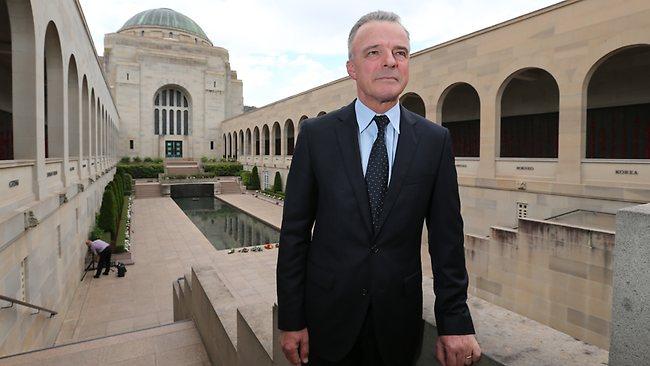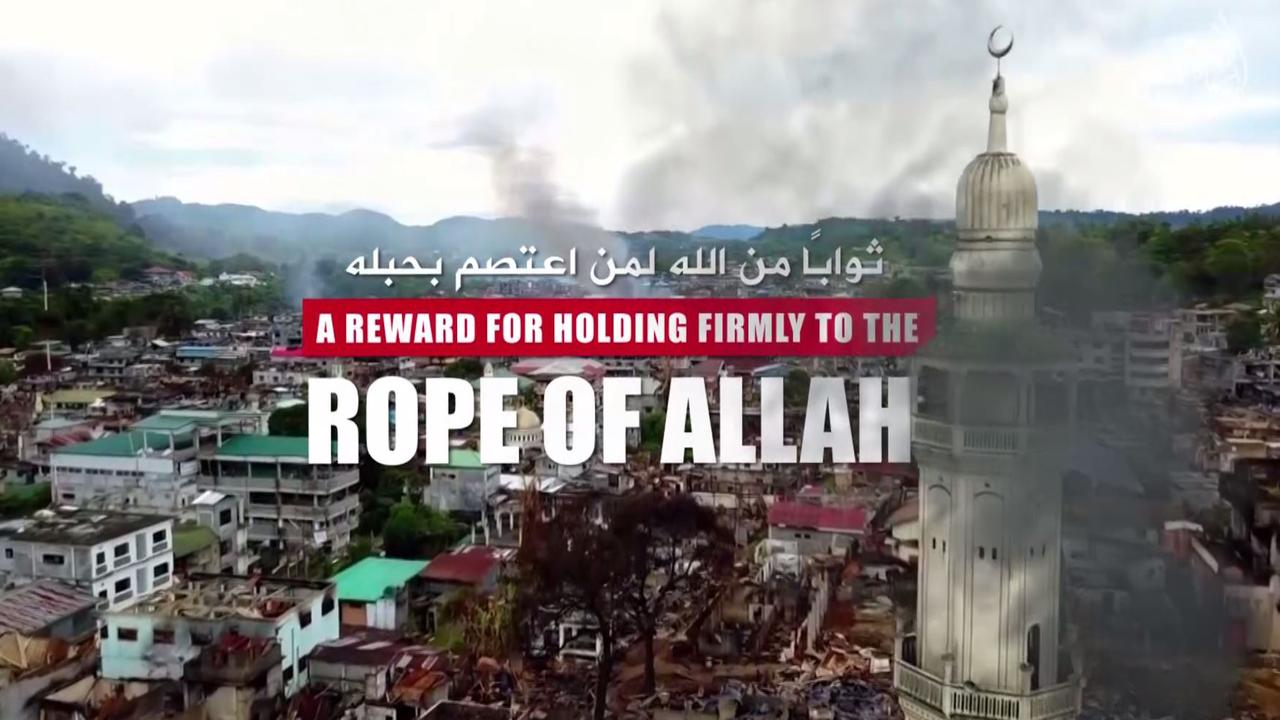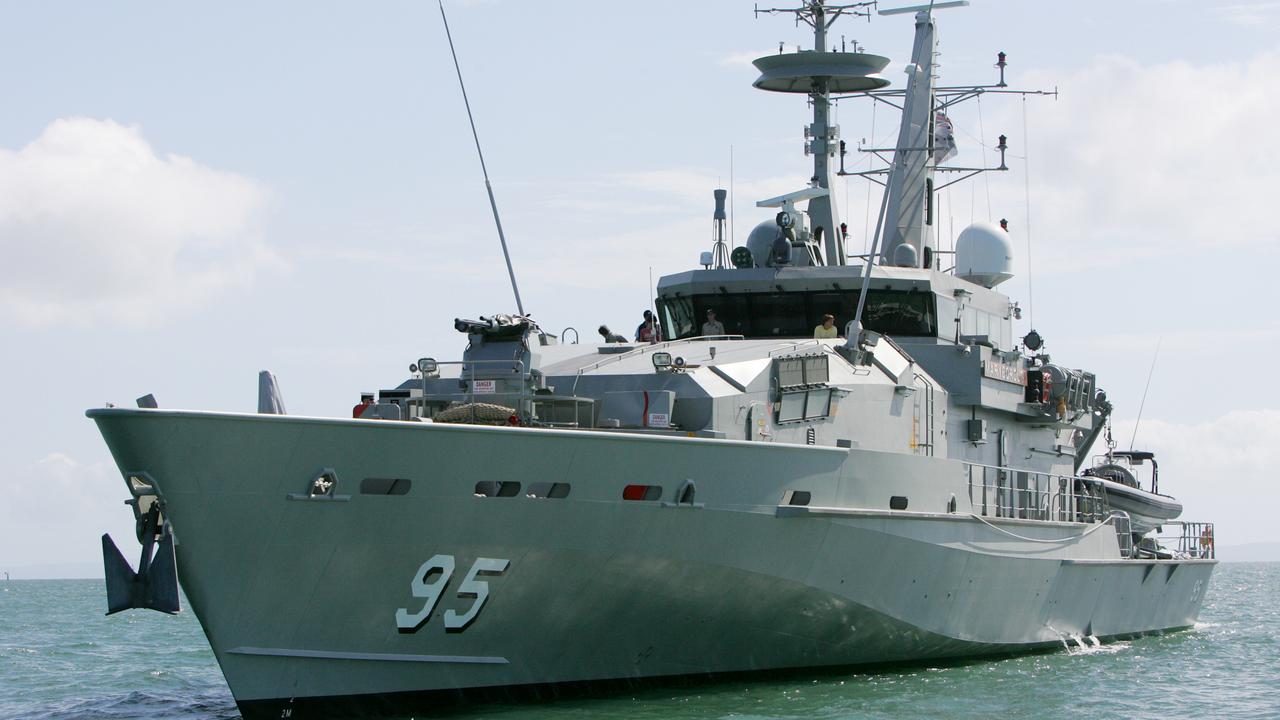Word of God lives on unknown soldier's tomb in War Memorial
THE Australian War Memorial has abandoned a proposal to remove the words "known unto God" from the Tomb of the Australian Unknown Soldier.

THE Australian War Memorial has abandoned a proposal to remove the words "known unto God" from the Tomb of the Australian Unknown Soldier after the personal intervention of Tony Abbott.
The memorial's governing council decided at its meeting in August to replace two inscriptions on the tomb at the Canberra memorial with words from a speech by Paul Keating.
The memorial's director, former Liberal Party leader Brendan Nelson, announced the changes in an unscripted National Press Club speech six weeks ago on a day when attention was focused on the swearing in of the new government.
It was several days before Veterans' Affairs Minister Michael Ronaldson was notified about the plan in an incoming briefing by his department.
Senior government officials say Senator Ronaldson wrote immediately to the AWM Council's chairman, Rear Admiral Ken Doolan, expressing "extreme displeasure". He noted that the words had appeared on the tombstones of unidentified soldiers from the Commonwealth since World War I. It was only after a phone call from the Prime Minister to Dr Nelson that a compromise was offered by the council under which the words "known unto God" would be retained.
Mr Keating's moving eulogy to the Unknown Soldier was delivered by the then prime minister on November 11, 1993, when the remains of a World War I soldier recovered from the Western Front were interred at the memorial.
Dr Nelson said it was his idea to put Mr Keating's words on permanent display in the Hall of Memories, marking the 20th anniversary of the speech.
The council, with the support of the tomb's architect, decided to place the words from the speech on the tomb itself.
But after the decision was announced, there were a number of complaints, some from Christians, based on the religious conviction that the words should stay.
Some had argued the tomb should carry the same inscription as other tombs and memorials to unidentified soldiers, while other complaints came from "people who had particular personal animosity to Mr Keating".
"Because the war memorial is a place that should be above any sort of controversy on a matter like this, I said to the chairman that in view of the concerns coming through from people that perhaps the council might reconsider, which the council has now done," Dr Nelson said.
"The words 'known unto God' will remain precisely where they are and will not be touched."
The inscription at the southern end, however - "He symbolises all Australians who've died in war" - is on a bevelled edge of a stone surround to the grave that will be removed and replaced with identical stone bearing the words taken from Mr Keating's 1993 speech, with the new inscription reading: "He is one of them, and he is all of us."
Dr Nelson said the words from the speech were chosen after advice from a historian from the memorial.
Before the change of heart, the reference to God was to have been replaced by these words from the opening of the speech: "We do not know this Australian's name, we never will."
Compromise has also been reached on a plan to display the full text of Mr Keating's speech on a brass plate inside the Hall of Memory where the Tomb of the Unknown Soldier lies. The plate will now be displayed outside the hall to the left of the entrance.
Mr Keating is still scheduled to speak at the War Memorial on Armistice Day, November 11, at a ceremony marking the 20th anniversary of his speech.
An unknown Australian's remains were exhumed from a cemetery in France in 1993 and interred in the Hall of Memory in a Tasmanian blackwood coffin, with a bayonet and a sprig of wattle, and soil from the Pozieres battlefield scattered on his tomb.
Dr Nelson said his intention had been to give a sense of permanence to the key sentiments in Mr Keating's speech, which is already on display at Villers-Bretonneux in France.
"It was a towering eulogy and a great tribute not only to the unknown Australian soldier but to the Australian soldier," Dr Nelson told The Australian.
"Not only will it stand the test of time, it already has. On this occasion I think he did our nation proud.
"But the end result is that 'known unto God" will remain precisely where it is. It will not be touched at all."
Senator Ronaldson was not available for comment yesterday. It is understood the government's position on the compromise proposal has yet to be finalised.
The phrase "known unto God" was originally chosen by the Imperial War Graves Commission on the advice of its first literary adviser, Rudyard Kipling, as an epitaph on the tombs of unidentified soldiers.
It was added to the tomb in the memorial in 1999.
More than 212,000 unidentified solders from Commonwealth countries who died in the two world wars are commemorated in this way.
Mr Keating's Unknown Soldier speech is regarded as one of his finest, but its authorship is in dispute. His former speechwriter Don Watson claims he scripted it, but Mr Keating maintains many of the words were his.
The council members include author and newspaper columnist Peter FitzSimons, a vocal advocate of atheism and a republic. Businessman and philanthropist Kerry Stokes has served on the council since 2007.
The other members are Air Marshal Geoff Brown, Vietnam veteran and former MP Graham Edwards, Vice-Admiral Raymond Griggs, retired Air Vice-Marshal Julie Hammer, former diplomat Alan Hawke, businesswoman Jane McAloon, Lieutenant General David Morrison, Film and Sound Archive chairman Gabrielle Trainor, Major General Paul Stevens and former serviceman Kevin Woods.
In another sign of apparent tension between the government and the War Memorial, Finance Minister Mathias Cormann yesterday quashed speculation that the memorial and other cultural institutions might lose control of all their donations.
He rejected a Fairfax report that it was fending off a federal government grab for its donations, permitted through legislation rushed through parliament in the final days of the Labor government.
"This is not true. There will be no change in how the War Memorial deals with donations and no money from donations will be taken from the War Memorial," he said.
"All donations and private contributions to the War Memorial and other cultural institutions will remain within their custody and control."



